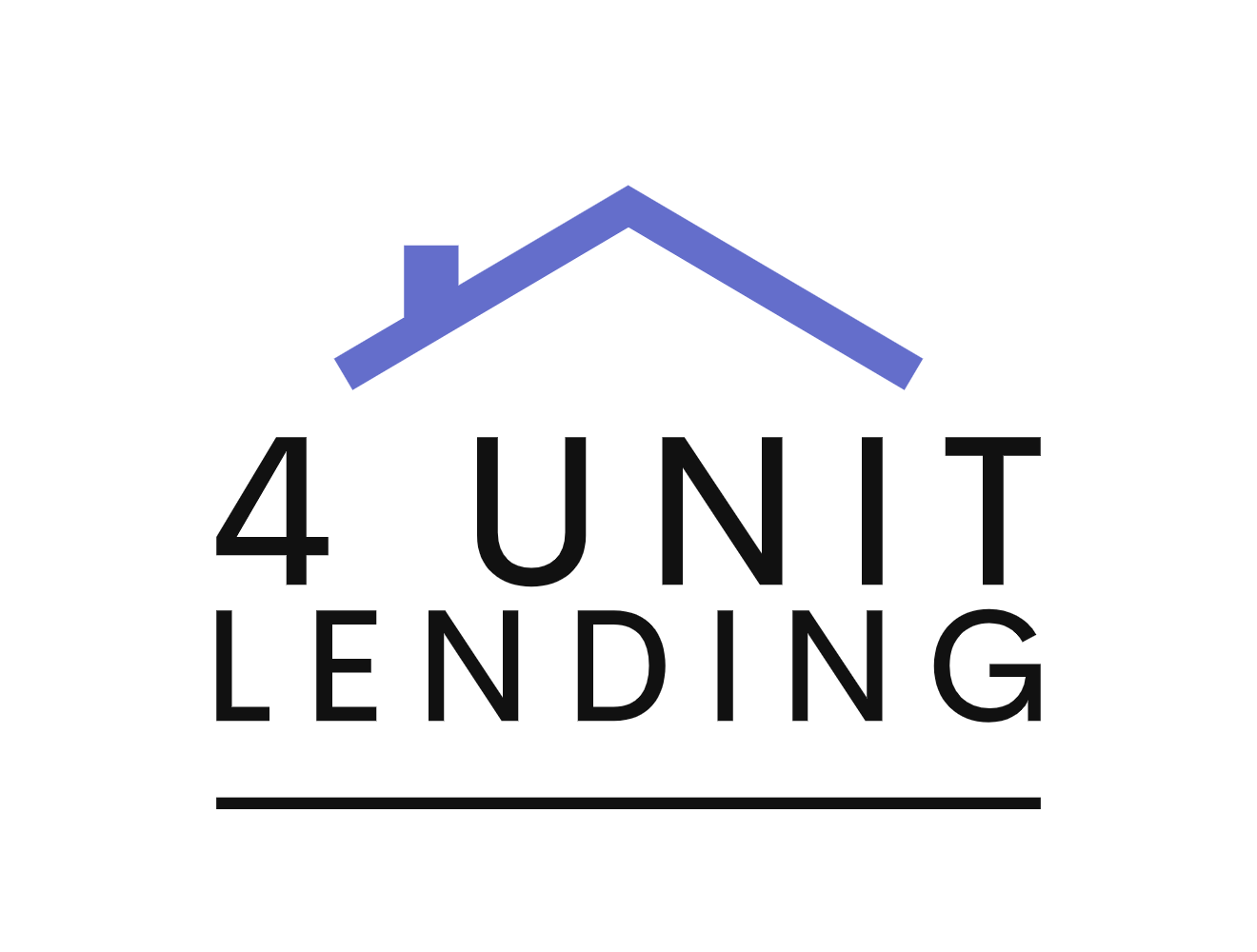Key takeaways
Because cash-out refinances are a riskier proposition, they tend to have higher interest rates compared to a regular refinance.
Some factors that influence your refi’s rate are market-driven, but others relate to your personal finances.
There are steps you can take to receive a more competitive rate, including improving your credit score, keeping your LTV and DTI ratios low and buying discount points.
Are cash-out refinance rates higher?
It’s true: Cash-out refinance rates are typically higher than their rate-and-term refinance counterparts. This disparity is because mortgage lenders consider a cash-out refinance relatively higher-risk, since it leaves you with a larger loan balance than you had previously and a smaller equity cushion. In addition, lenders might view taking out cash as a method of masking serious financial issues, like overwhelming debt or impending job loss.
The difference between a cash-out refinance rate and a no-cash-out refinance rate also depends on the type of loan. For example, FHA loans don’t have a risk adjustment between purchases and refinances, so your loan-to-value (LTV) ratio (more on that below) and credit score will be the main factors determining your rate.
How much higher are cash-out refinance rates?
For a borrower with good credit doing a cash-out refinance on a loan tied to a primary residence, the cash-out refi rate is generally one-quarter to one-half percentage point higher than the rate on a rate-and-term refinance, says Greg McBride, CFA, chief financial analyst at Bankrate.
“This can fluctuate depending on market conditions, and could be higher,” says McBride.
If you retain a sizable amount of equity after the refinance (not borrow up to the max, in other words), the rate difference might not be as drastic.
“More equity reduces the risk to the lender because they’re funding less of the overall property value cost and in the event of default, there is a margin of safety before they take a loss,” says McBride.
Why are cash-out refinance rates higher?
It all boils down to risk:
Lenders view higher loan-to-value ratios as riskier than lower LTVs.
The new payment on a larger loan balance will be higher, pushing your debt-to-income ratio up.
How cash-out refinance rates are determined
To determine cash-out refinance rates, mortgage lenders take a baseline interest rate and then make adjustments based on your credit score, financial profile and loan-to-value (LTV) ratio. Having a higher credit score and lower LTV ratio will help you score a more favorable rate.
There are some factors you can control and others you can’t when receiving your interest rate.
Factors you can control
Your credit score: Your credit score is perhaps the most crucial criterion in deciding your creditworthiness — lenders want to feel confident that you can repay your loan. A higher credit score can earn you a lower refinance rate.
Your debts: Lenders will consider your debt-to-income (DTI) ratio, the sum of all of your monthly debts divided by your gross monthly income. The higher your DTI ratio, the riskier you appear to a lender — and the higher your interest rate will be.
Your income: Your income is significant — both how much you earn (the higher the income, the lower your DTI ratio) and how regularly you earn it (a steady stream reassures lenders that you can handle a long-term loan).
Your lender: Refinance rates vary among mortgage lenders. Be sure to carefully shop around — not just for the interest rate itself but also for the various fees that can impact the overall cost of the new loan.
Factors you cannot control
All the above affect the individual interest rate a lender would offer you. But there are larger, market forces that shape cash-out refinance rates (like all interest rates) and their direction. Among them:
Inflation: Lenders have to adjust mortgage rates to a level that makes up for consumers’ eroded purchasing power when prices rise too quickly.
Prime rate: The prime rate — the interest lenders charge their best customers — acts as a base point for other interest rates, home loans included. The prime is in turn based on the Federal Reserve’s monetary policy, and setting of the benchmark federal funds rate. When the Fed raises rates, it becomes more expensive for banks and lenders to borrow money; this translates to increased rates for borrowers.
Financial markets: The performance of T-bonds (especially the 10-year Treasury note) and mortgage-backed securities plays a role in your loan’s interest rate. Investors, who typically buy these vehicles for interest income, want a certain yield for their money. An intensified demand for high yields means less-preferable mortgage rates for consumers.
The best cash-out refinance rate can all be a matter of good timing.
How to get the best cash-out refinance rate
Here are some strategies to get the best cash-out refinance rate.
Raise your credit score
“As with any mortgage refinance, you’ll get the best terms with a credit score of 740 or better,” says McBride, “but borrowers with credit scores of 680 to 739 can still get very competitive rates, particularly if they comparison-shop different lenders.”
First, check your credit report. Take note of your score, but also look for any incorrect information. For example, someone else’s account information might be on your report by mistake, or there could be incorrect contact info. If you spot an error, contact the credit bureau as soon as possible to resolve it. Ideally, you should do this well before you apply for a refinance.
If your score itself could use some work, strive to pay all your bills on time, pay down debt (it helps to focus on the debt with the highest monthly payments, as this affects how much you could potentially be approved for) and avoid opening any new lines of credit.
Maintain a lower LTV ratio
If you can keep a lower loan-to-value (LTV) ratio after the refinance, you’ll be a more attractive borrower overall.
“Someone with a million-dollar home withdrawing $100,000 in cash but with an LTV of 40 percent is seen as much less risky than a borrower taking out $25,000 but with an LTV of 80 percent,” says McBride.
Purchase discount points
Most lenders allow you to buy discount points to reduce your interest rate. One point generally costs 1 percent of the loan amount and cuts your rate by 0.25 percent.
However, buying points isn’t all upside. “Keep in mind that paying points will reduce the amount of cash you’re actually getting on a net basis from the cash-out refi,” says McBride.
If you finance points with your loan rather than paying for them upfront at closing, you’ll also pay more in interest.
The decision to buy points usually comes down to how long you plan to stay in your home. If you plan to move soon, you likely won’t have a chance to recoup the cost of the points via the savings on your monthly payment.
Cash-out refinance rate FAQ
What is a cash-out refinance and how does it work?
Will my rate increase if I take cash out?
What’s the difference between cash-out and rate-and-term?
What are today’s cash-out refinance rates?

